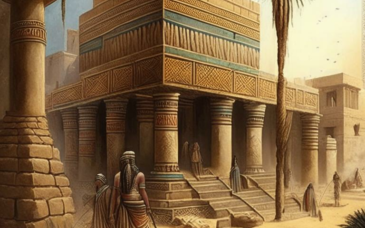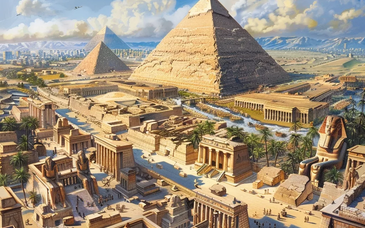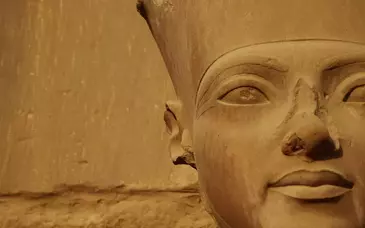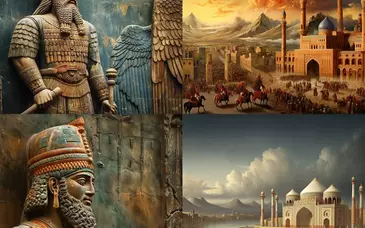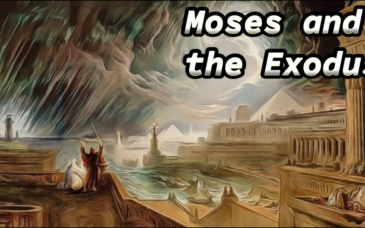Kourosh the Great, also known as Cyrus the Great, was the founder of the Achaemenid Empire, one of the largest empires in ancient history. He ruled from 550 to 529 BC and is remembered for his conquests, his visionary leadership, and his tolerant and inclusive policies.
Early Life and Rise to Power
Born into the Achaemenid royal family, Kourosh was raised in Persia, a region that was part of the Medean Empire. At the age of 25, he led a rebellion against the Medes, overthrowing their king and establishing himself as ruler of Persia.
Military Conquests and Expansion
Kourosh's reign was marked by a series of ambitious conquests that expanded the Achaemenid Empire to encompass a vast territory stretching from the Indus River in the east to the Aegean Sea in the west. He defeated the Lydian Empire, capturing its capital, Sardis, and its wealthy king, Croesus. He also conquered the Babylonian Empire, liberating the Jews who had been held captive there.
Visionary Leadership and Inclusive Policies
Kourosh's leadership was characterized by his vision for a diverse and tolerant empire. He implemented policies that encouraged intermarriage and cultural exchange, and he granted religious freedom to his subjects. He also established a system of standardized weights and measures, facilitated trade and commerce, and built a network of roads that connected his vast empire.
Legacy and Enduring Influence
Kourosh the Great is revered as one of the greatest rulers in history. He was a visionary leader who expanded his empire through military conquests while promoting religious tolerance, cultural exchange, and economic development. He established a model of governance that was admired by his contemporaries and has continued to influence rulers throughout history.
Kourosh's Legacy in Judaism
Kourosh's role in liberating the Jews from Babylonian captivity is particularly significant for Judaism. The book of Ezra in the Hebrew Bible recounts how Cyrus issued a decree authorizing the Jews to return to their homeland and rebuild their temple in Jerusalem. This decree is considered a pivotal moment in Jewish history, marking the beginning of the restoration of Jewish independence and religious identity.
Kourosh's Image in Ancient Art and Literature
Kourosh's image is depicted on numerous ancient monuments and artworks, including the famous Cyrus Cylinder, an inscribed clay cylinder that highlights his benevolent leadership and his respect for the traditions of conquered peoples. He is often portrayed as a wise and just ruler, embodying the ideals of leadership and diplomacy.
Kourosh the Great's legacy lives on as a testament to his vision, leadership, and tolerance. His accomplishments and the enduring influence of his policies continue to inspire and inform political leaders and policy makers throughout the world.
